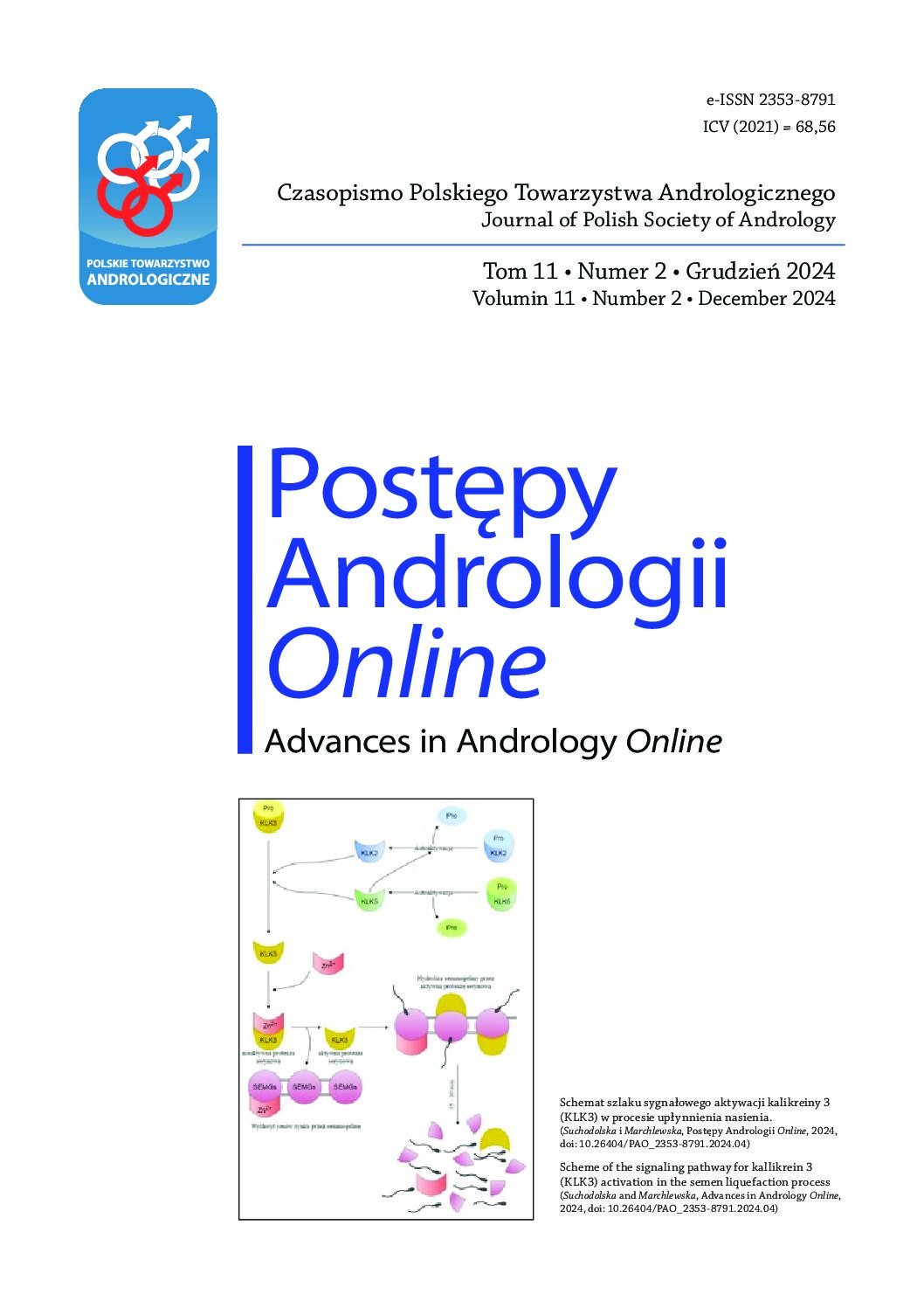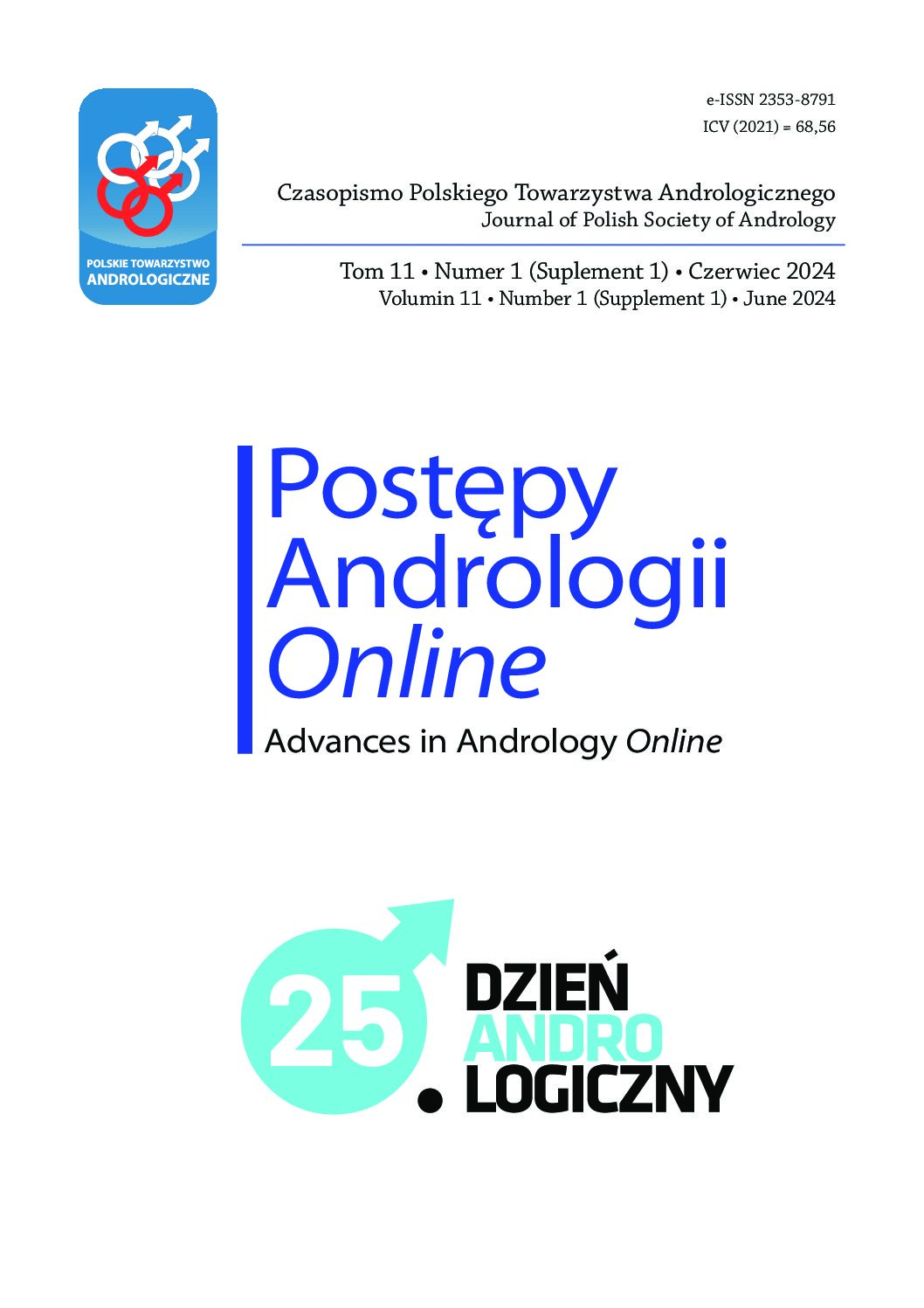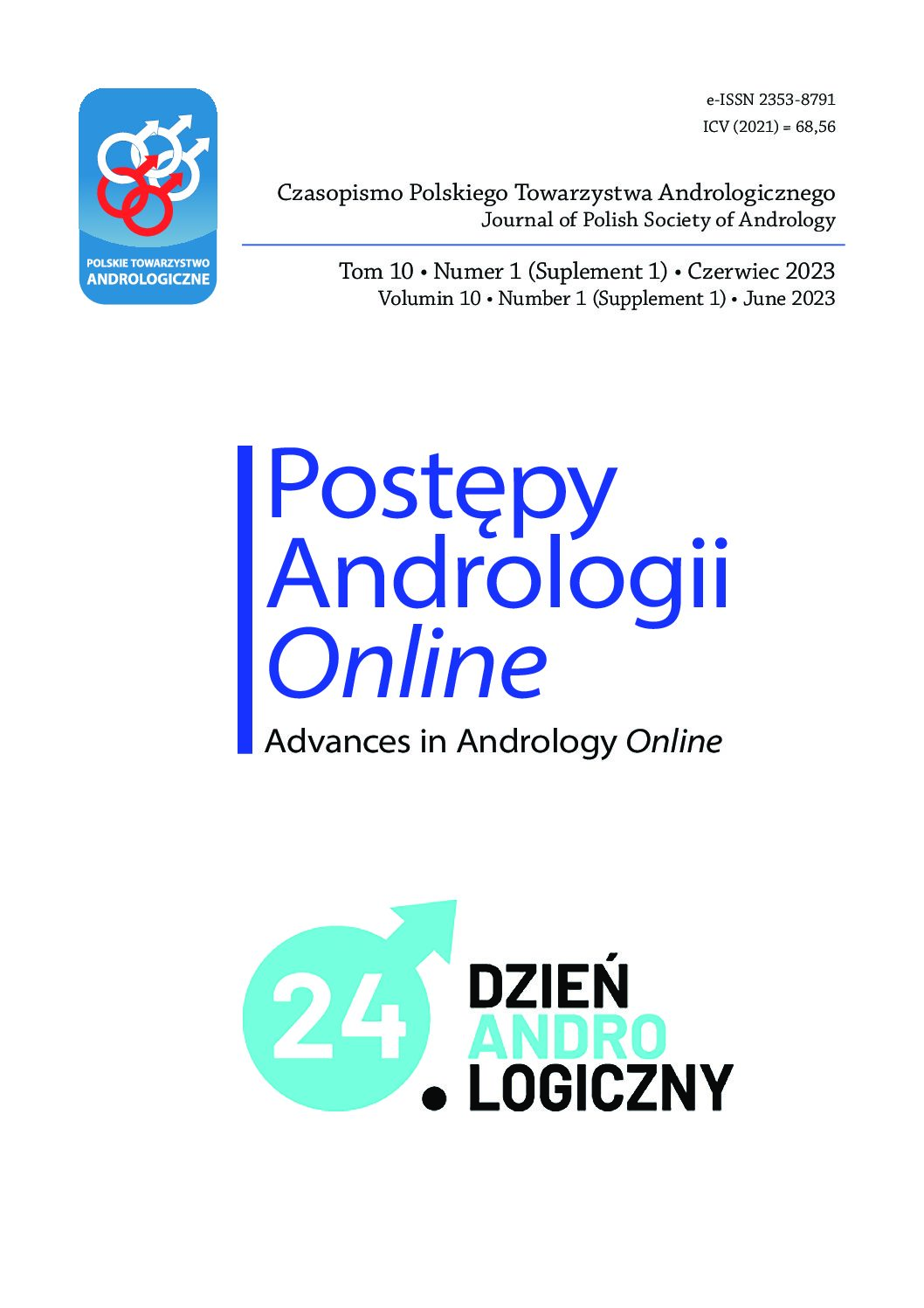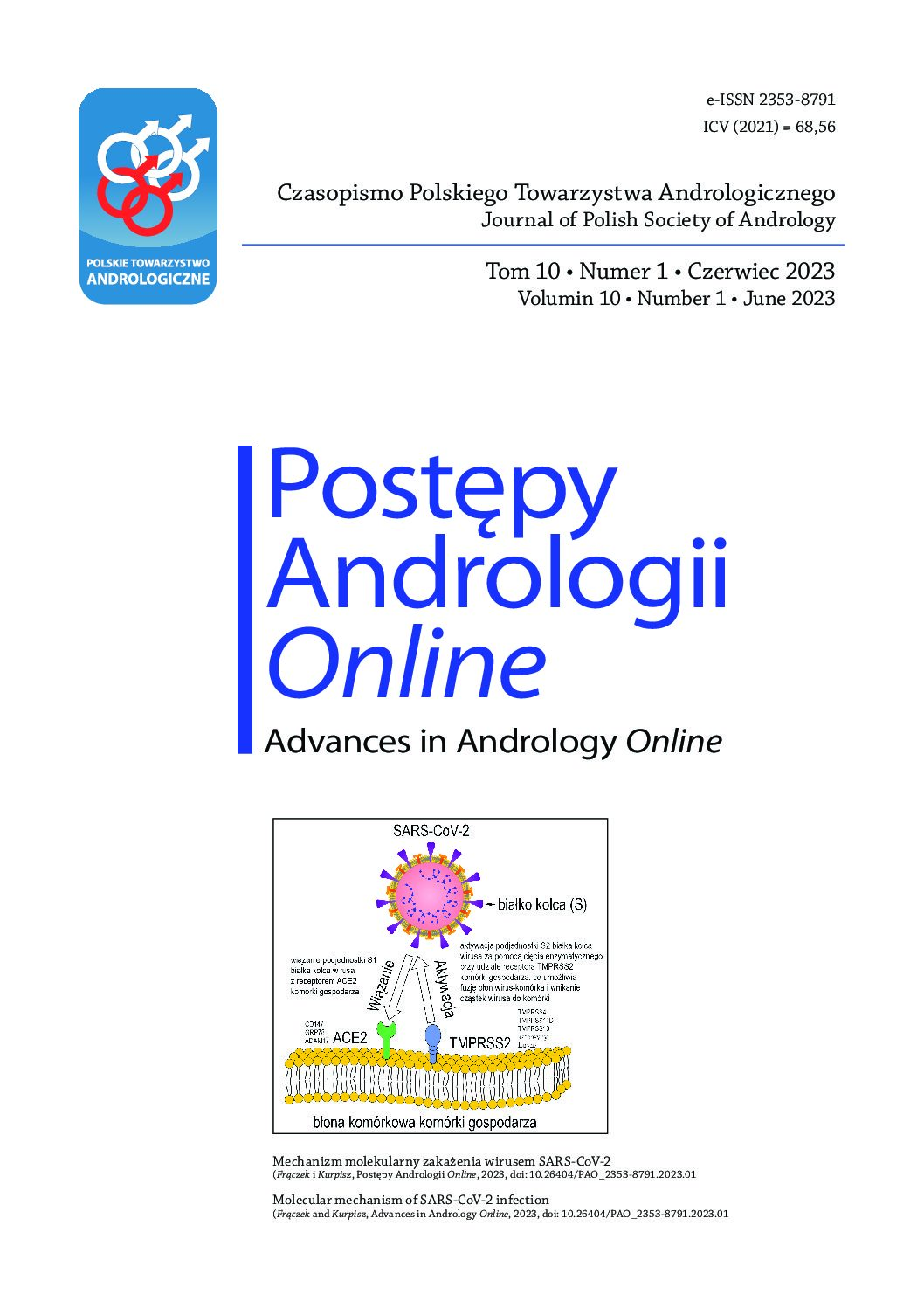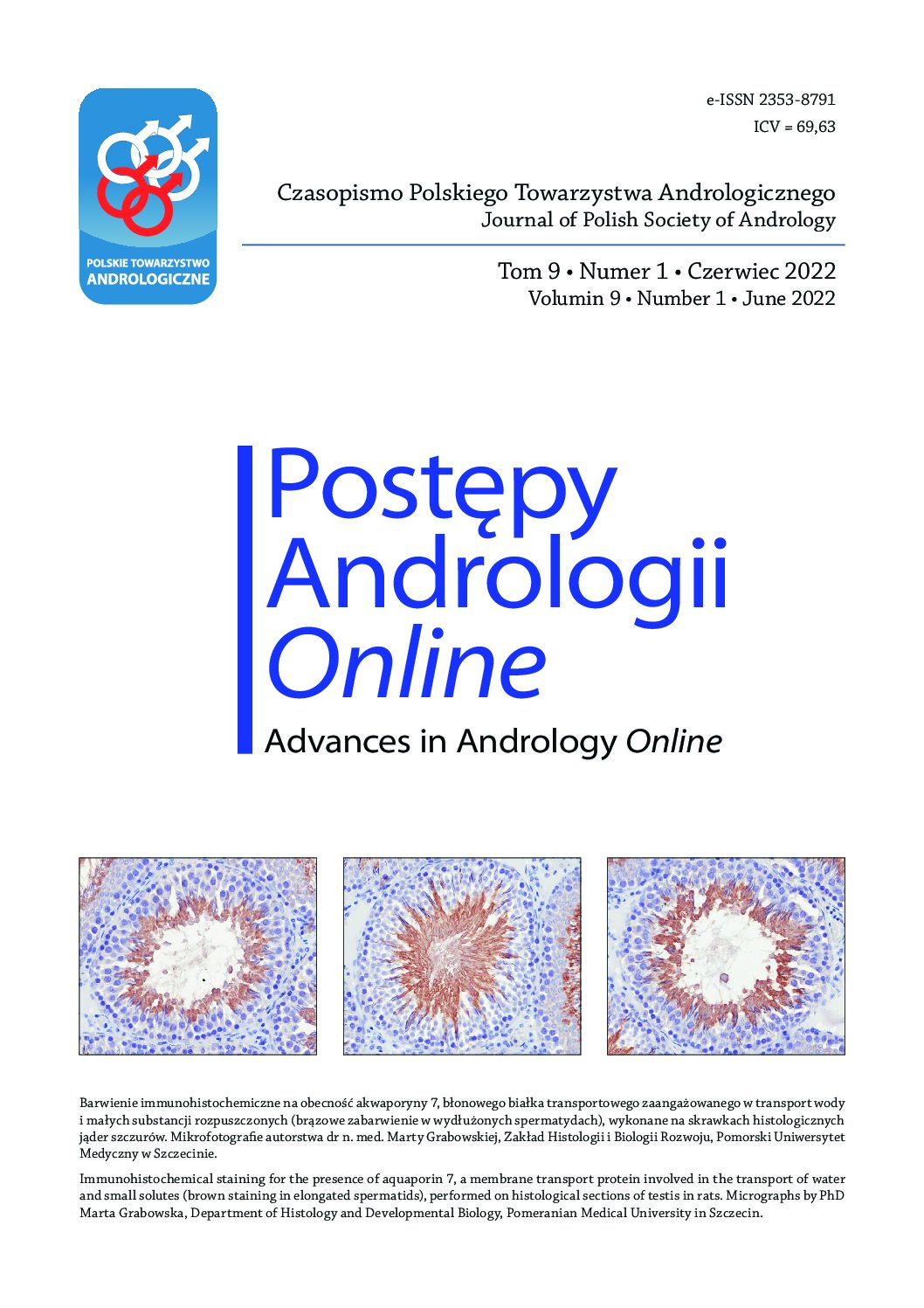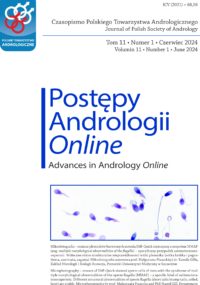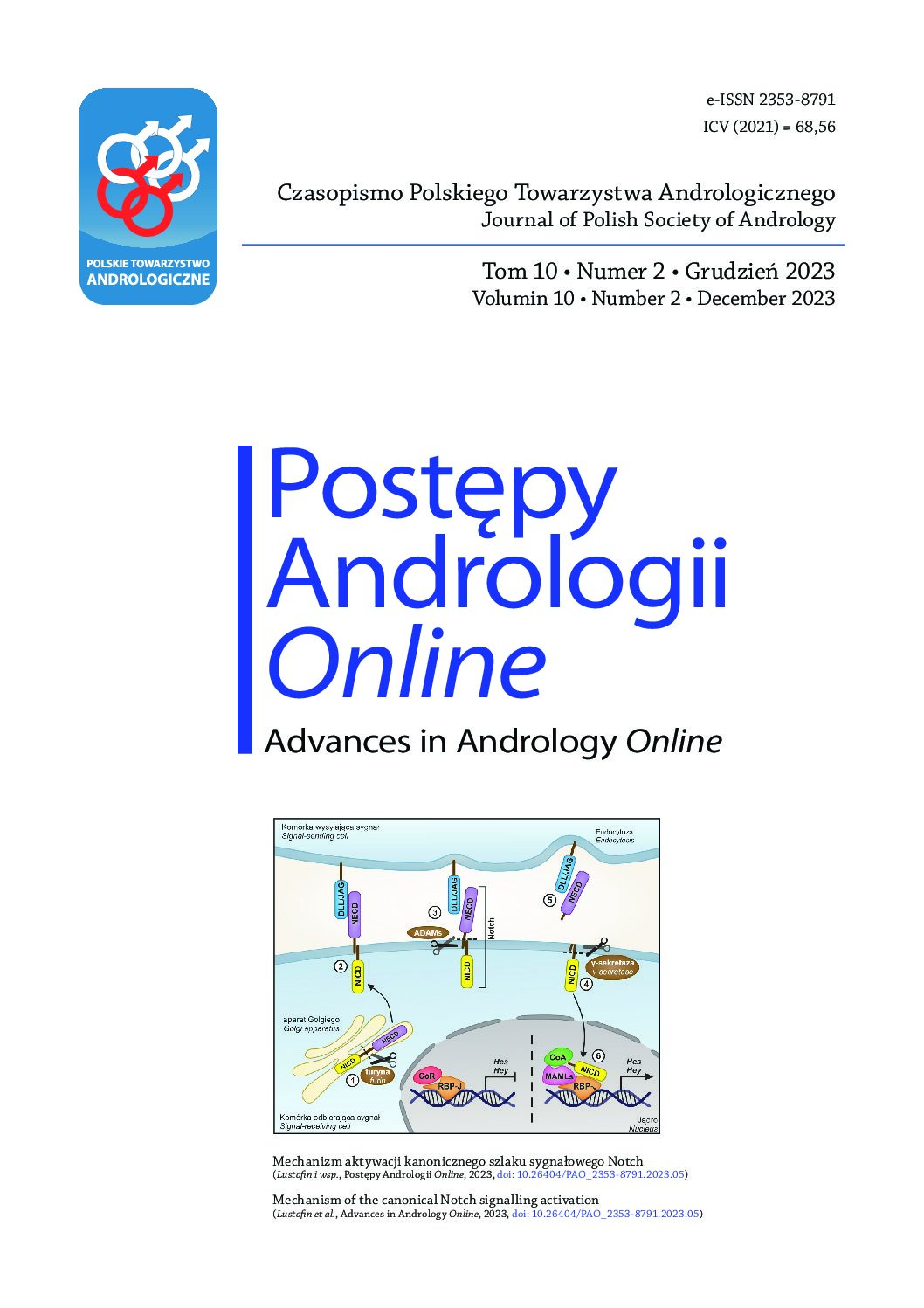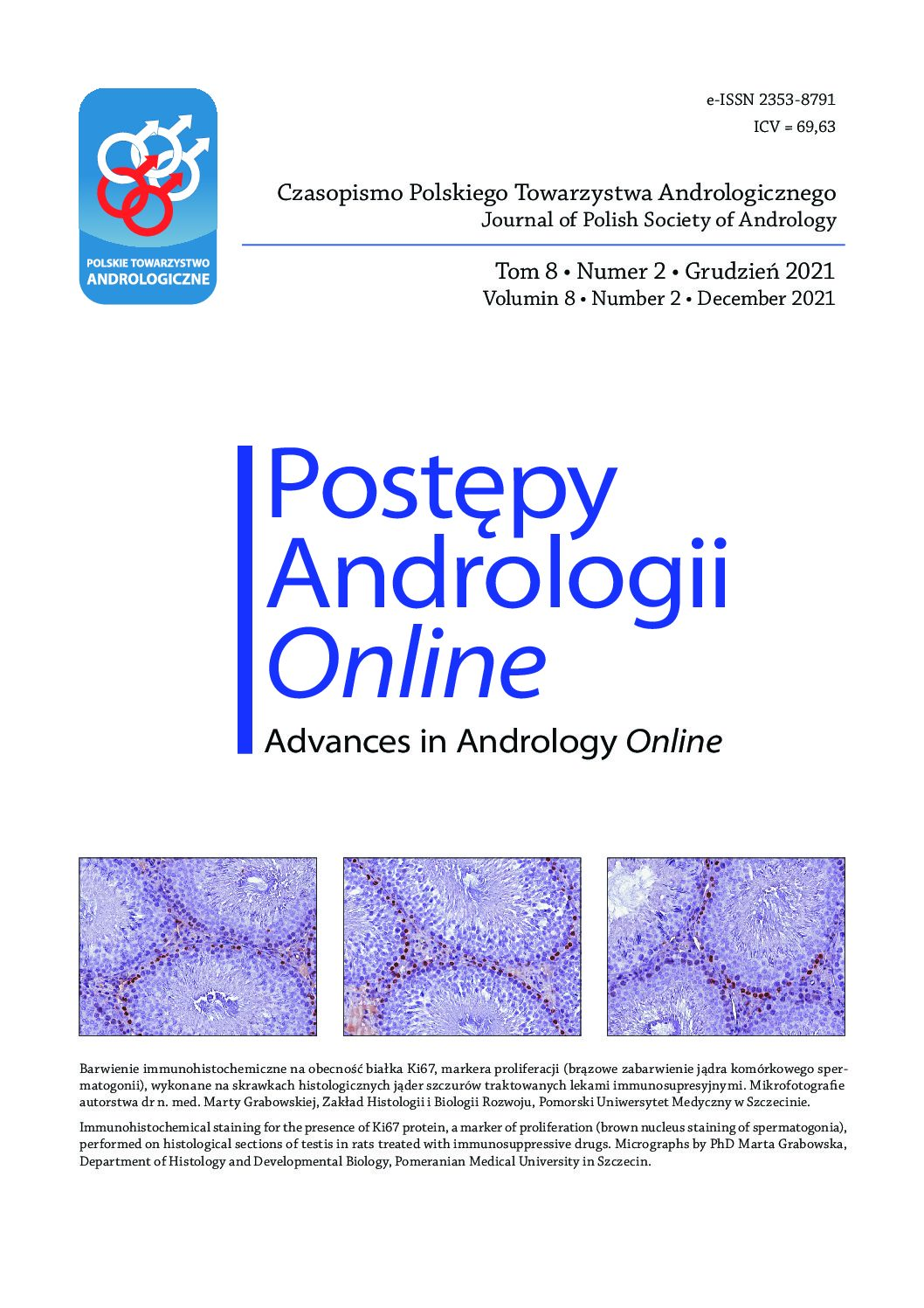Intestinal microbiota, inflammatory bowel diseases and prostate diseases
There is growing evidence of the interaction between the host gut microbiome and health status and developing diseases. The symbiotic relationship between the gut microbiome and the host is crucial for health and well-being. Symbiotic imbalance, also called dysbiosis, will be associated with the development of inflammatory diseases. These diseases can be related directly to the gut – inflammatory bowel disease, Crohn’s disease, ulcerative colitis, or leaky gut syndrome. Disruption of the balance of the intestinal microbiota causes, among others, the spread of pathogenic bacteria inhabiting the intestines, dysregulates the functioning of the immune system, which leads to a strong inflammatory response. In addition, a reflection of intestinal dysbiosis is a reduction in the amount of metabolites beneficial to health, including short-chain fatty acids produced with the participation of intestinal bacteria. The result of a chronic inflammatory response in the intestines is the development of inflammatory diseases not only at the site of inflammation. Recent studies indicate the participation of the intestinal microbiota in the pathogenesis of neurodegenerative and metabolic diseases, cardiovascular diseases, and neoplastic processes. There are also studies indicating that the status of the intestinal microbiota, particular species of bacteria and their metabolites are also involved in the development of prostate diseases. Although the mechanism is not fully understood, the initiation of inflammation in the prostate appears to be one of the factors.
